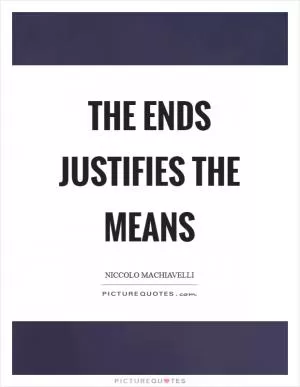He who believes that new benefits will cause great personages to forget old injuries is deceived

He who believes that new benefits will cause great personages to forget old injuries is deceived
Niccolò Machiavelli, the renowned Italian diplomat, philosopher, and writer, is often associated with his controversial views on power, politics, and human nature. One of his most famous quotes, "He who believes that new benefits will cause great personages to forget old injuries is deceived," encapsulates his pragmatic and cynical approach to understanding the dynamics of power and relationships.In Machiavelli's seminal work, "The Prince," he delves into the intricacies of leadership and governance, offering advice to rulers on how to maintain and consolidate their power. Central to his philosophy is the idea that human nature is inherently self-interested and that individuals, especially those in positions of power, are motivated by their own self-preservation and interests.
The quote in question speaks to the futility of expecting forgiveness or gratitude from those who have been wronged in the past, even if one offers them new benefits or favors. Machiavelli argues that people, especially those in positions of power, are more likely to remember past grievances and injuries than to be swayed by present gestures of goodwill. This harsh reality is a reflection of Machiavelli's belief in the ruthless and competitive nature of politics and human relationships.
Machiavelli's advice to rulers is to be wary of relying on the goodwill of others, especially those who have been wronged or slighted in the past. Instead, he advocates for rulers to be strategic, calculating, and pragmatic in their dealings with others, always prioritizing their own interests and security above all else.












 Friendship Quotes
Friendship Quotes Love Quotes
Love Quotes Life Quotes
Life Quotes Funny Quotes
Funny Quotes Motivational Quotes
Motivational Quotes Inspirational Quotes
Inspirational Quotes